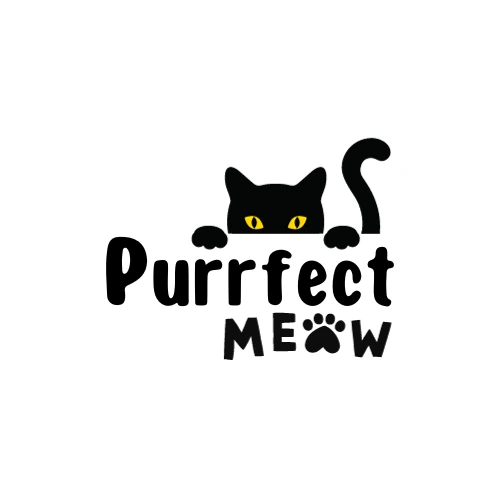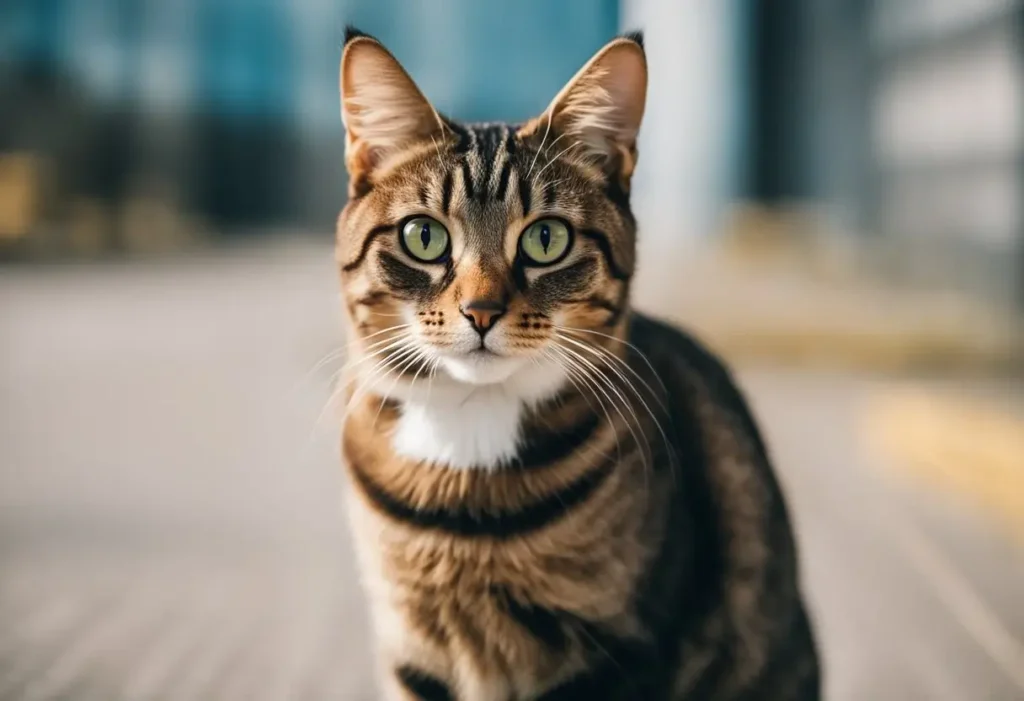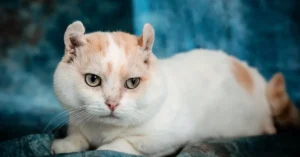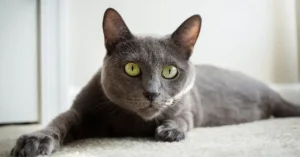As cat lovers ourselves, we understand how crucial it is to ensure our feline friends receive the best cat health care possible. Keeping our cats healthy goes beyond simply providing food, water, and a cozy place to call home. It’s about understanding their unique needs and doing everything we can to help them live happy, healthy lives.
In this article, we’ll dive into various aspects of cat health care, from essential routine check-ups to nutritional needs and grooming practices. By equipping ourselves with the right knowledge and resources, we can provide our cats with the top-notch care they deserve. So, let’s get started on this journey to better understand the ins and outs of cat health care.
Understanding Your Cat’s Physiology
As we dive into the world of cat health care, it’s essential to understand your cat’s physiology in order to provide the best care possible. Let’s explore a few key aspects of feline anatomy and body language that are crucial for maintaining a healthy and happy cat.
Cats have a unique skeletal system with 244 bones; humans only have 206. This gives them incredible flexibility and agility, which is essential for their hunting instincts and overall well-being. You may notice the different regions in your cat’s skeletal system, such as the cervical bones in their neck, thoracic bones in their chest, and lumbar bones in their lower back. To learn more about their bones, check out this diagram of a feline skeleton.
In addition to understanding their anatomy, it’s important to be aware of your cat’s body language. One key mood indicator is their ears. If their ears are perked up and facing forward, this indicates they are alert and interested. Ears that are flattened against the head may denote fear, anxiety, or aggression. A relaxed cat will usually have slightly backward-facing ears.
Being mindful of your cat’s physical and emotional needs will help keep them happy and healthy. It’s vital to not only pay attention to their physiological needs but also be aware of their psychological needs. Your cat’s psychology revolves around three primary positive systems: reward-seeking, care, and play. By addressing these needs, you’ll create an environment where your cat can thrive physically and emotionally.
Recognizing Common Cat Health Issues
As pet owners, our top priority is keeping our cats happy and healthy. In this section, we’ll discuss some common cat health care concerns, specifically focusing on digestive problems and feline diabetes. Familiarizing ourselves with these issues can help us to identify potential problems and seek professional help when needed.
Digestive Problems
Cats can sometimes experience digestive issues that can lead to discomfort and other health complications. Some common symptoms of digestive problems in cats include:
- Vomiting
- Diarrhea
- Loss of appetite
- Weight loss
- Lethargy
These might indicate an underlying issue like inflammatory bowel disease or gastrointestinal parasites. If your cat shows any signs of these symptoms, it’s essential to consult with a veterinarian to diagnose and treat the problem.
Feline Diabetes
Diabetes is another common issue that can affect cats, especially those who are overweight or middle-aged. Feline diabetes occurs when a cat’s body cannot produce or use insulin effectively. Symptoms to watch for include:
- Increased thirst and urination
- Weight loss, even with a normal appetite
- Lethargy
- Poor coat condition
- Sudden change in appetite
If you suspect your cat may have diabetes, it’s crucial to seek prompt veterinary care. With proper treatment and management, most diabetic cats can live healthy, comfortable lives.
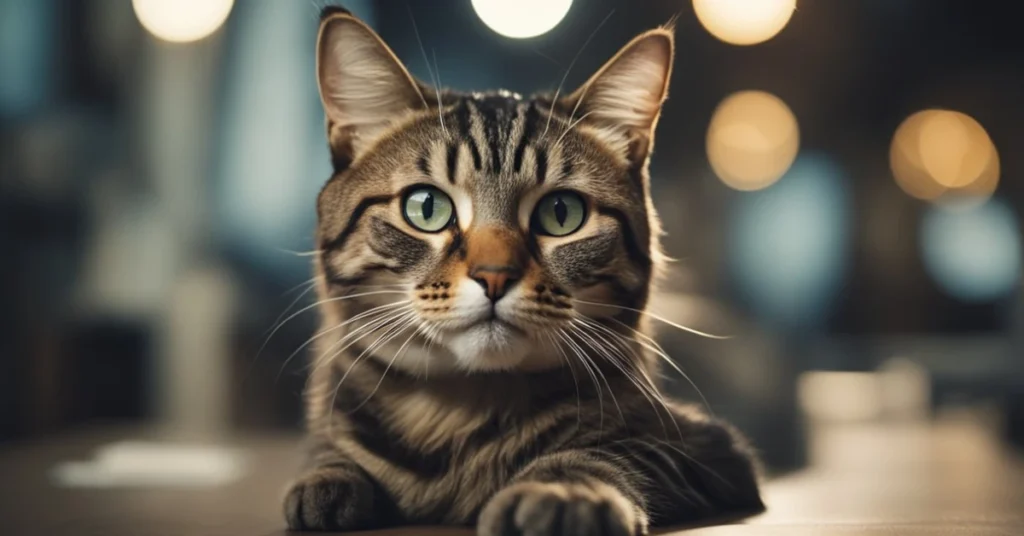
The Importance of Regular Veterinary Check-ups
As cat owners, one of our top priorities is ensuring our feline friends receive the best cat health care possible. A crucial aspect of keeping our cats healthy and happy is scheduling regular veterinary check-ups. But why exactly is this so important?
Firstly, cats are masters at hiding their illnesses, making early detection of potential health issues difficult for us to notice. Regular visits to your veterinarian allow them to examine your cat thoroughly and pick up on any subtle signs of disease. They can also order screening tests if needed, such as blood tests and urinalysis, particularly for senior or geriatric cats.
Another key factor is maintaining your cat’s dental health. During a check-up, the veterinarian will inspect your cat’s teeth for any signs of dental problems, which can help prevent future issues before they become serious. Dental care is vital for our furry companions as poor dental hygiene can lead to gum disease, tooth loss, and other health complications.
Vaccinations are an essential component of cat health care, and regular vet visits ensure your cat’s shots are up-to-date. Vaccines protect our feline friends from various diseases, some of which can be potentially life-threatening. A check-up is also an opportunity for your vet to address any parasite controlconcerns, such as fleas, ticks, or worms, preventing infestations and keeping your cat comfortable.
In addition to these critical aspects, regular vet check-ups help build trust between your cat and veterinarian, reducing stress and anxiety during visits. Plus, it allows your vet to create a tailored nutrition plan for your cat, ensuring they’re receiving the right balance of nutrients they need to thrive.
By prioritizing regular vet check-ups as part of your cat’s health care routine, you’re giving them the best chance at a long, healthy, and happy life by your side.
Nutrition and Hydration
As cat owners who prioritize their cat’s health care, we know how important proper nutrition and hydration are for our feline friends. In this section, we’ll discuss how to choose the right cat food and understand your cat’s hydration needs to keep them happy and healthy.
Choosing the Right Cat Food
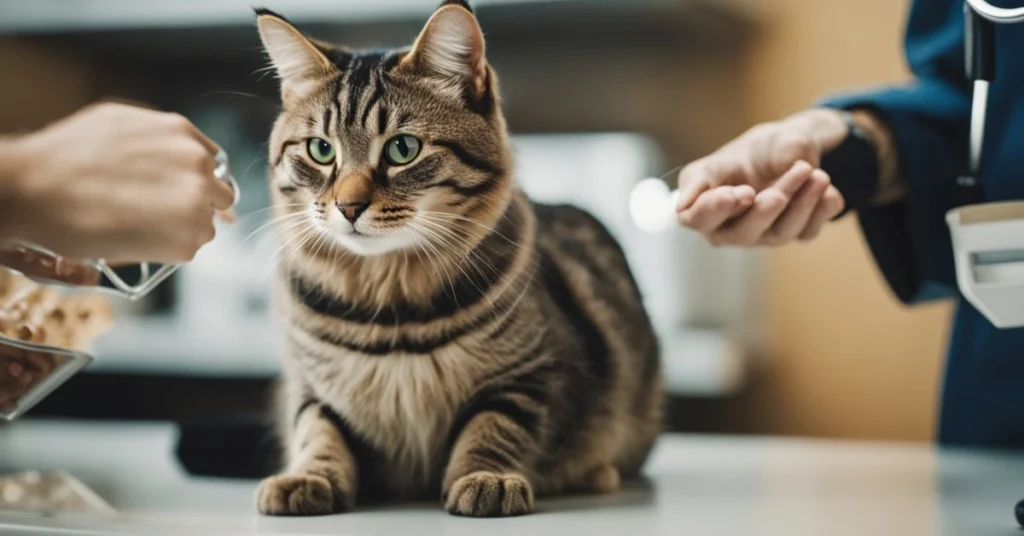
To provide the best nutrition for your cat, it’s essential to consider the following factors:
- Age and life stage: Kittens, adult cats, and senior cats have different nutritional requirements. Choose a cat food that’s appropriate for your cat’s age and life stage.
- Health conditions: If your cat has specific health issues, such as diabetes or allergies, consult with your veterinarian to determine the best diet.
- Nutritional content: Cats are obligate carnivores, which means they rely on nutrients found only in animal products. Look for a cat food that contains high-quality protein sources and meets the necessary nutrient requirements.
- Palatability: Your cat’s preferences and appetite play a role in their nutrition. Select a food that your cat enjoys eating to ensure they consume an adequate amount of nutrients.
Understanding Your Cat’s Hydration Needs
Proper hydration is essential for maintaining optimal cat health care. Here are some key points to consider:
- Water sources: Cats obtain water from both the food they eat and direct water consumption. Wet cat food typically contains more moisture than dry food, which can contribute to your cat’s hydration.
- Water intake: The amount of water a cat needs depends on factors like body weight, activity level, and overall health. Monitor your cat’s water intake and consult with your vet if you have concerns.
- Fresh water availability: Always provide clean, fresh water for your cat. Consider using stainless steel or ceramic dishes rather than plastic, which can harbor bacteria and cause odors that might deter your cat from drinking.
- Dehydration signs: Symptoms of dehydration in cats include lethargy, dry or tacky gums, and loss of skin elasticity. Consult with your veterinarian if you suspect your cat may be dehydrated.
By focusing on proper nutrition and hydration, we can help ensure our cats live long, healthy lives.
As cat owners, we all know how important cat health care is for our furry friends. One crucial aspect of keeping our cats happy and healthy is through exercise and play. In this section, we’ll discuss the role of toys in promoting cat health and creating a cat-friendly environment to keep them active and engaged.
Cat Health Care – Exercise and Play
The Role of Toys for Cat’s Health
Toys play a significant role in our cats’ overall health and well-being. They provide essential mental and physical stimulation, preventing boredom and helping our feline friends stay active. It’s vital to choose toys that promote hunting skills and keep their minds sharp, as this reflects their natural instincts and behaviors. Using a variety of toys, such as balls, wand toys, and interactive puzzles, can encourage different types of play and give your cat a well-rounded exercise routine.
Creating a Cat-friendly Environment
In addition to toys, designing a cat-friendly environment is equally important in promoting cat health care. Here are some ideas to create a stimulating and safe space for your feline companion:
- Vertical Space: Cats love climbing and perching on high places. Install shelves, cat trees, or window perches to allow them to explore and survey their territory.
- Hiding Spots: Providing hiding spots is essential for cats to feel secure and comfortable. Cardboard boxes, cat tunnels, or even a simple blanket draped over furniture can create cozy hideaways.
- Scratching Posts: Scratching is a natural behavior for cats, and having designated scratching posts or pads will help keep their claws in shape and protect your furniture.
- Puzzle Feeders: Incorporate puzzle feeders into your cat’s daily routine to encourage problem-solving and tap into their hunting instincts.
- Rotation of Toys: Keep a variety of toys on hand and rotate them regularly to maintain your cat’s interest and engagement.
By considering these aspects while creating a cat-friendly environment, we can ensure a happier and healthier life for our treasured feline friends.
Our Tips
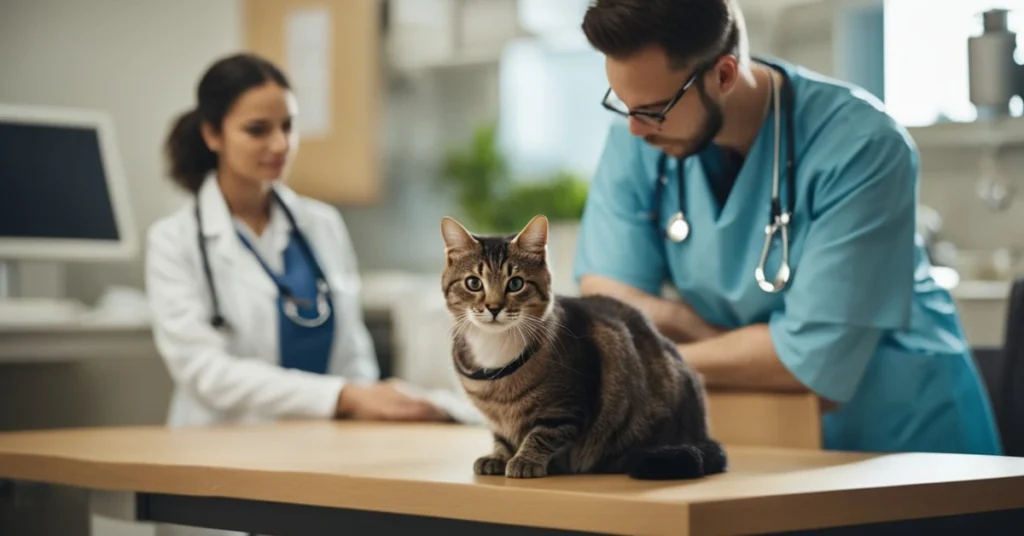
When it comes to cat health care, we understand the importance of keeping your feline friend happy and healthy. In this section, we’ll share some tips to help provide the best care for your cat.
Firstly, it’s essential to keep your cat’s fur clean and well-groomed. This can be done by brushing your cat every day, which helps reduce hairballs, prevents mats, and tangles — especially important for long-haired cats.
Nutrition is crucial for maintaining your cat’s overall health. Be sure to provide a well-balanced diet that meets their dietary needs. A nutritious diet plays a significant role in keeping your cat healthy and increasing their lifespan.
Also, make sure your cat has a clean, dry, and comfortable space to rest in your home. Line your cat’s bed with a soft, warm blanket, or towel and wash the bedding often. Believe it or not, housing plays a role in cat health care too!
Keep your cat active, both mentally and physically, by providing toys and engaging in interactive playtime. Activity helps prevent obesity and promotes a healthy heart and muscles.
Cats should receive regular checkups from a veterinarian, as preventative care is vital for detecting potential health problems early on. You may also need to administer routine vaccinations and treatments for flea, tick, and heartworm prevention.
So, there you have it! Our tips on how to maintain your cat’s health through proper grooming, nutrition, environment, exercise, and veterinary care. By following these suggestions, you can rest assured that you’re doing your best to keep your furry friend in tip-top shape.
FAQ – Cat Health Care
What kind of healthcare do cats need?
Cats require comprehensive cat health care, which includes regular veterinary check-ups, vaccinations, and preventive treatments for parasites. Additionally, a balanced diet and proper grooming are essential for their overall well-being. Regular monitoring and early detection of potential health issues are crucial for a cat’s longevity and quality of life.
How do you take care of a cat’s health?
To ensure optimal cat health care, it’s essential to provide regular veterinary check-ups, a balanced diet, and timely vaccinations. Additionally, monitoring your cat’s behavior, grooming habits, and providing preventive treatments for parasites are crucial components of comprehensive cat health care.
What treatments do cats need yearly?
For comprehensive cat health care, cats typically require annual veterinary check-ups, vaccinations, and parasite prevention treatments. Additionally, regular dental cleanings and screenings for common feline diseases are essential components of yearly care.
You are interested in Cat Health Care? Then our article about cat dental health might be interesting for you.
What are your thoughts about cat health care? Let us know in the comments!
